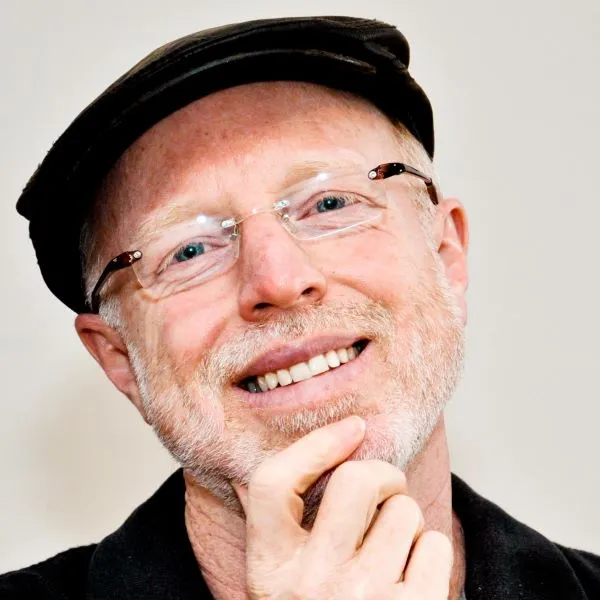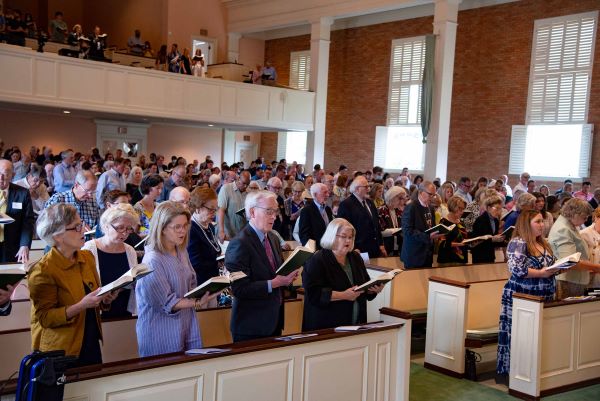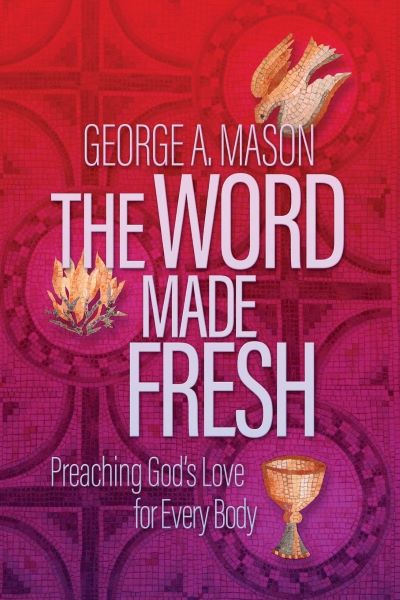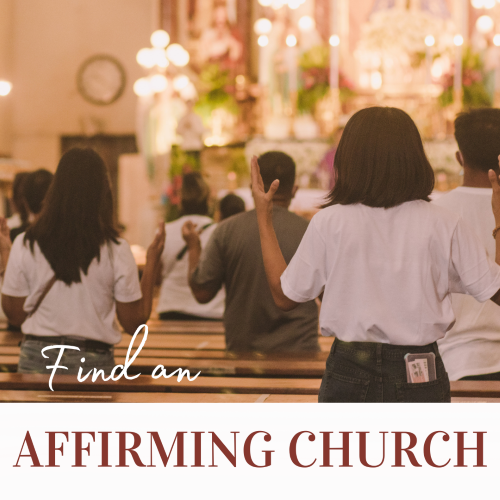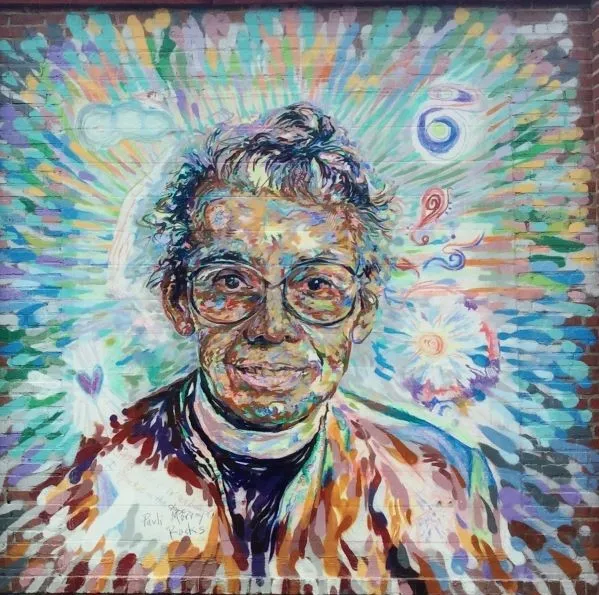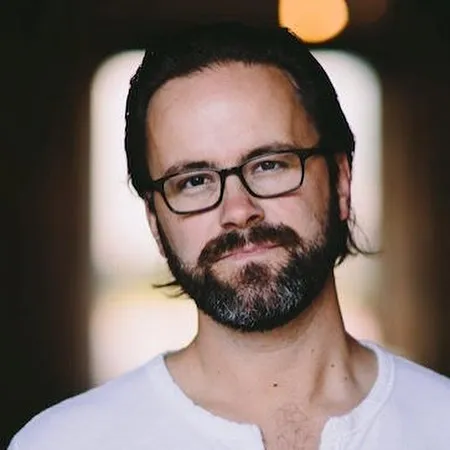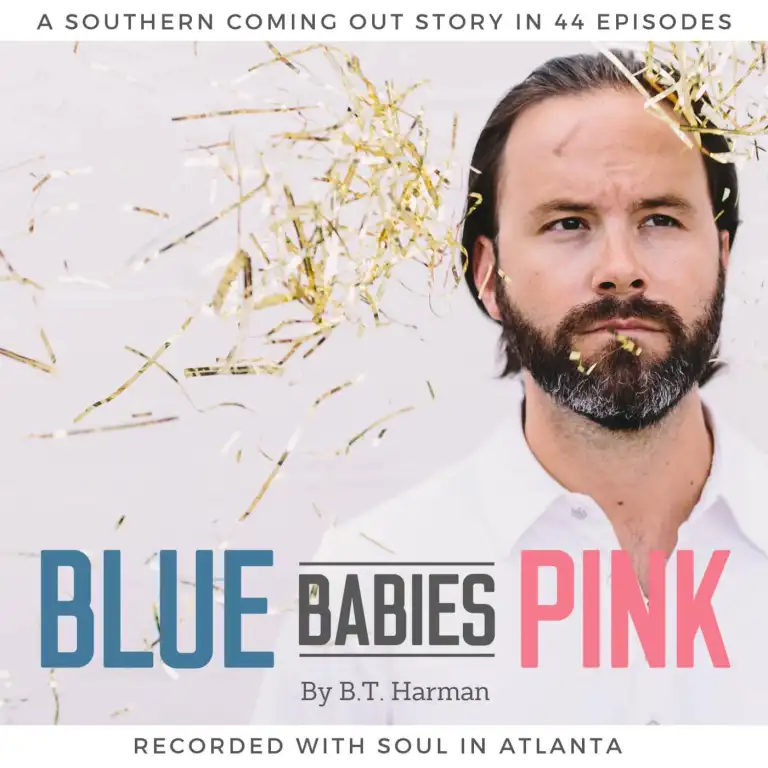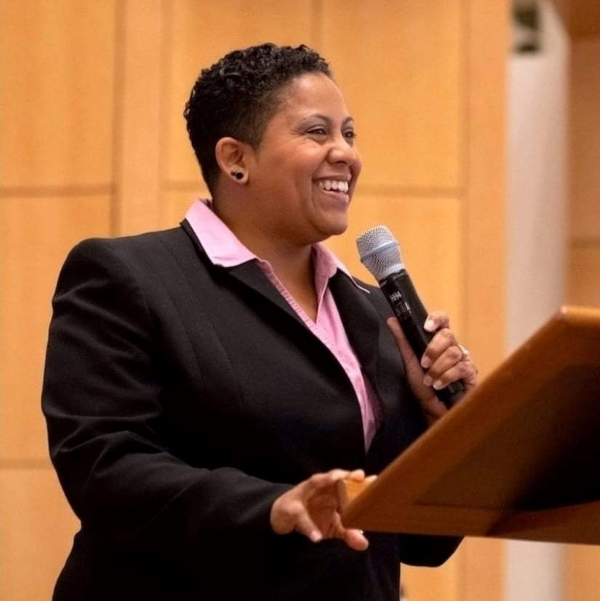Tim Otto is pastor of Church of the Sojourners in San Francisco, California, an intentional community that lives and serves together: “We believe God intends Christians to live out the pursuit of holiness not just individually but with a people, with a local church.” The community offers an apprenticeship program, where one can apply to join this unique fellowship for a year, as well as discern a long-term commitment. Tim, who is gay and theologically affirming of same-sex relationships, discerned a vow of celibacy in 2009 in order to devote himself to ministry. He has long given his life to serving others. As a Registered Nurse he was one of the first to work with AIDS patients. He has pastored Sojourners while simultaneously serving the broader San Francisco community.
Tim grew up in the Baptist church as a missionary kid (MK). Being an MK had its challenges, including attending seventeen different schools before he graduated high school. But Tim held fast to his Christian faith and began looking for ways to make a difference in the world from a young age, whether serving immigrants or teaching English through World Relief. In an article he wrote for Plough, he says, “Love perseveres in spite of failure, and humbly seeks forgiveness and love from God and others – and to forgive and love others – for the thousandth time. Love is rare because it is so difficult. At the Simple Way, a community known for service to its poor neighborhood, the participants say, ‘The most radical thing we do is choose to love each other…again and again.’” Tim has a Master of Theological Studies (MTS) degree from Duke Divinity School and has authored two books: Inhabiting the Church: Biblical Wisdom for a New Monasticism (co-authored with Jon Stock and Jonathan Wilson-Hartgrove) and Oriented to Faith: Transforming the Conflict Over Gay Relationships.
Listen to Tim Otto talk about the church and living in community in this podcast episode with pastor Tom of Sycamore Church.
